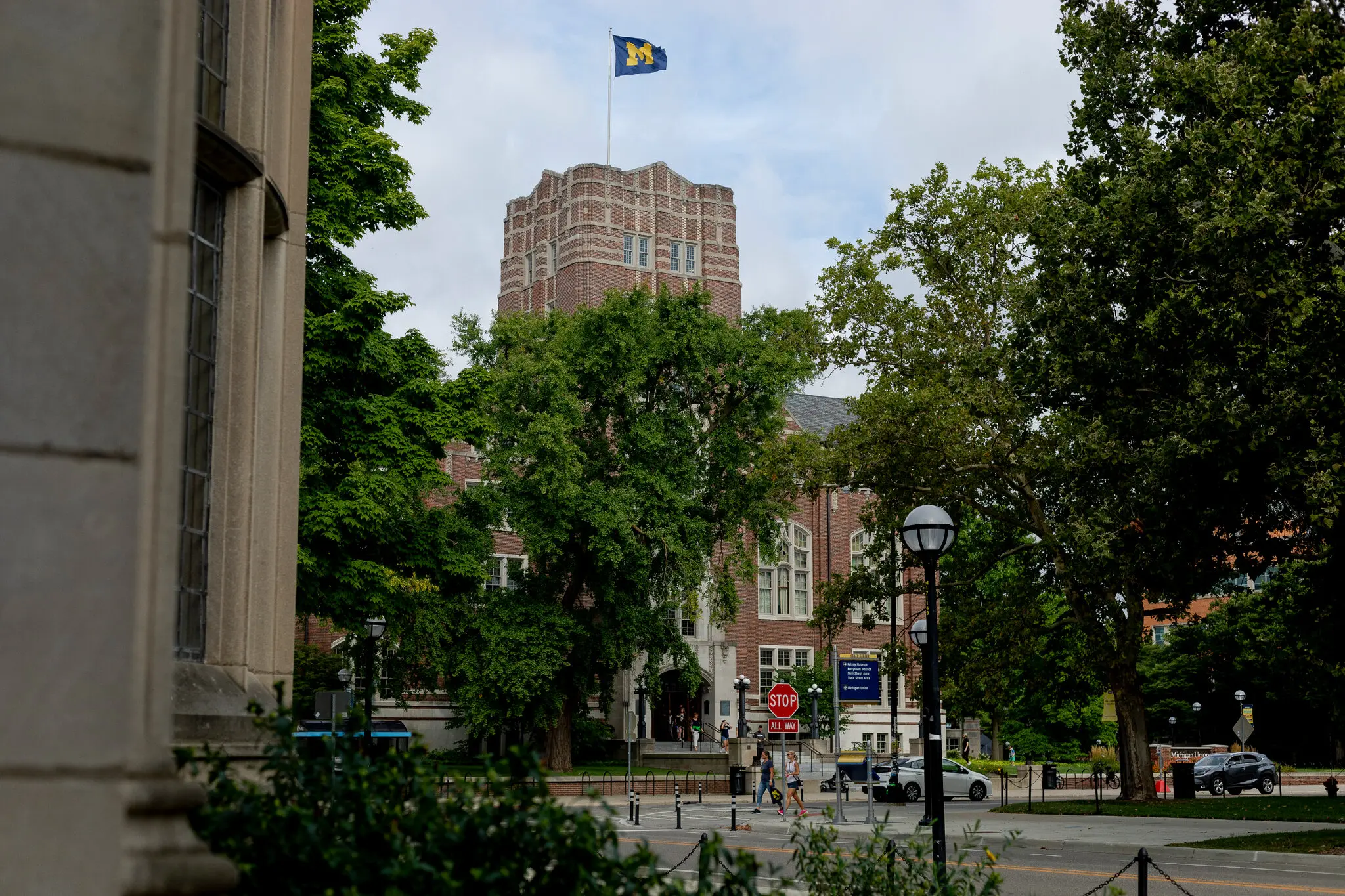A Black administrator who was fired by the University of Michigan has sued the school, accusing it of racial and gender discrimination in its investigation of whether she made antisemitic comments.
Rachel Dawson, the former director of the university’s office of academic multicultural initiatives, denied in her lawsuit that she had made antisemitic remarks last year.
Two Jewish professors from other universities had accused Ms. Dawson of saying in a private conversation that the university was “controlled by wealthy Jews,” that Jewish students were not in need of her office’s diversity services because they are “wealthy and privileged” and that “Jewish people have no genetic DNA that would connect them to the land of Israel,” according to documents that were part of a complaint from the Anti-Defamation League of Michigan.
In her lawsuit, filed on Monday in the U.S. District Court for the Eastern District of Michigan, Ms. Dawson painted a starkly different version of events. And she said that there was racial bias in what she called the unusual process that the public university used to investigate the complaint and in its decision to side with her accusers.
“Historically, Black women have been subjected to stereotypes that portray them as confrontational or untrustworthy,” Ms. Dawson wrote during a disciplinary review, according to her lawsuit.
A lawyer for Ms. Dawson, Amanda M. Ghannam, said she would file another lawsuit in state court, which will claim that the university violated Ms. Dawson’s free speech and due process rights. Under Michigan law, those claims against a state institution cannot be brought in federal court, Ms. Ghannam said.
A university spokeswoman said in a statement that Rachel Dawson “was appropriately terminated from her employment after she was found to have made antisemitic comments while representing the university.” She added that the university “will vigorously defend this matter.”
The investigation and firing of Ms. Dawson occurred during a tumultuous moment at the University of Michigan. The campus was mired in an acrimonious debate over the Israeli-Palestinian conflict, including an incident of vandalism with pro-Palestinian graffiti at the home of a board member who is Jewish. The university’s diversity efforts, which it would later scale back, were also under attack.
In her lawsuit, Ms. Dawson said she was approached in March 2024 at an American Association of Colleges and Universities diversity conference by the two professors who accused the University of Michigan of fostering an antisemitic climate. Ms. Dawson’s suit says she disagreed with the women and explained the university’s efforts to combat antisemitism, including the creation of a center for that purpose. The women, the suit says, asked if she believed Palestinians had a right to live in the region of the Israeli-Palestinian conflict. She said she did, according to the suit.
“This apparently infuriated the two women,” the lawsuit says. “They were so angry that they followed Ms. Dawson out of the room and refused to let her exit the conversation.”
The two professors contacted the Anti-Defamation League of Michigan, which sent a letter to the university in August 2024. The university brought in an outside law firm, Covington & Burling, to investigate the matter. The firm reported its findings in a Sept. 25 memorandum that was obtained by The New York Times through an open records request.



